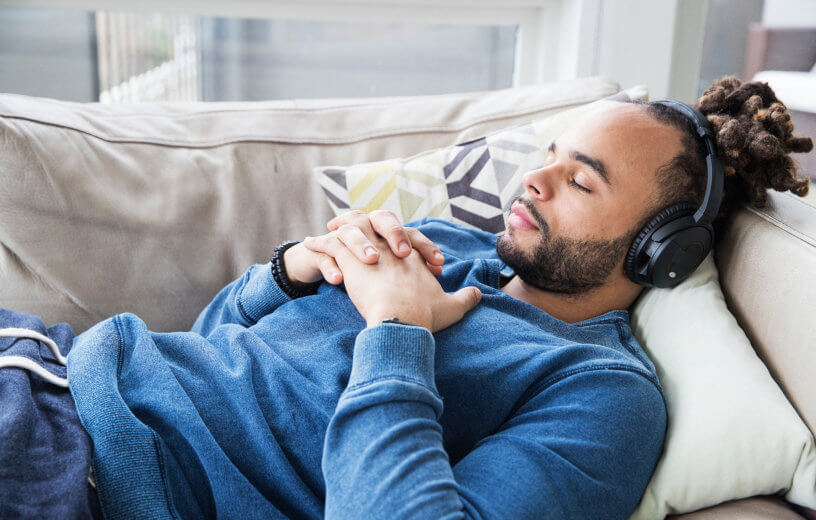YEKATERINBURG, Russia — Napping during the day can be a great way to get a little energy to power through the rest of the day. However, doing so can also make you remember disturbing or scary events, according to a new study by international researchers.
A team of scientists from Ural Federal University (UrFU) in Russia and the University of Tübingen in Germany examined the effect of sleep on how fearful memories are formed and consolidated. Memory consolidation describes how recent experiences reshape long-term memory.
Previously, studies have reported that sleeping after learning something can help people better remember the material. The pathway responsible induces reactivation of critical memories during wakefulness, but also through dreams while people sleep. The problem is that there are no studies investigating how sleep intensifies memories of fear.
“Understanding the effect of sleep in situations where emotional trauma occurs is important for developing effective strategies for coping with disaster victims, people with panic or post-traumatic stress disorder. If we found that the effect of sleep on fear memory is similar to other types of memory, such as episodic memory (memory of life events), then it would be more beneficial for victims not to sleep after the trauma,” says study co-author Yuri Pavlov, a researcher at the laboratory of Neurotechnology of UrFU and the Institute of Medical Psychology and Behavioral Neurobiology at the University of Tübingen, in a media release.
A 2-hour nap reinforces scary memories
In this study, the team had patients undergo fear conditioning. Before and after sleep, they heard a neutral tone that was paired with a loud noise and another that was never paired with the loud noise. The scientists noticed that participants found the loud noises to be irritating.
The team studied the responses using electroencephalography before and after a two-hour daytime nap or an equivalent period of being awake among 18 healthy young people.
“In our experiments, we determined that a two-hour daytime nap reinforces the memories of fear learnt just before sleep. However, a similar effect was observed after wakefulness – watching an emotionally neutral movie or a computer gaming similarly enhances fear memories,” explains Pavlov.
The researchers now plan to move forward with clinical studies, testing patients in a vegetative or minimally-conscious state to analyze how sleep may impact anxiety and the formation of fear memories. Further, they mention that it’s necessary for more studies that not only investigate memory consolidation and daytime naps, but also long-term, overnight sleep as well.
The findings are published in the journal Cognitive Affective & Behavioral Neuroscience.

